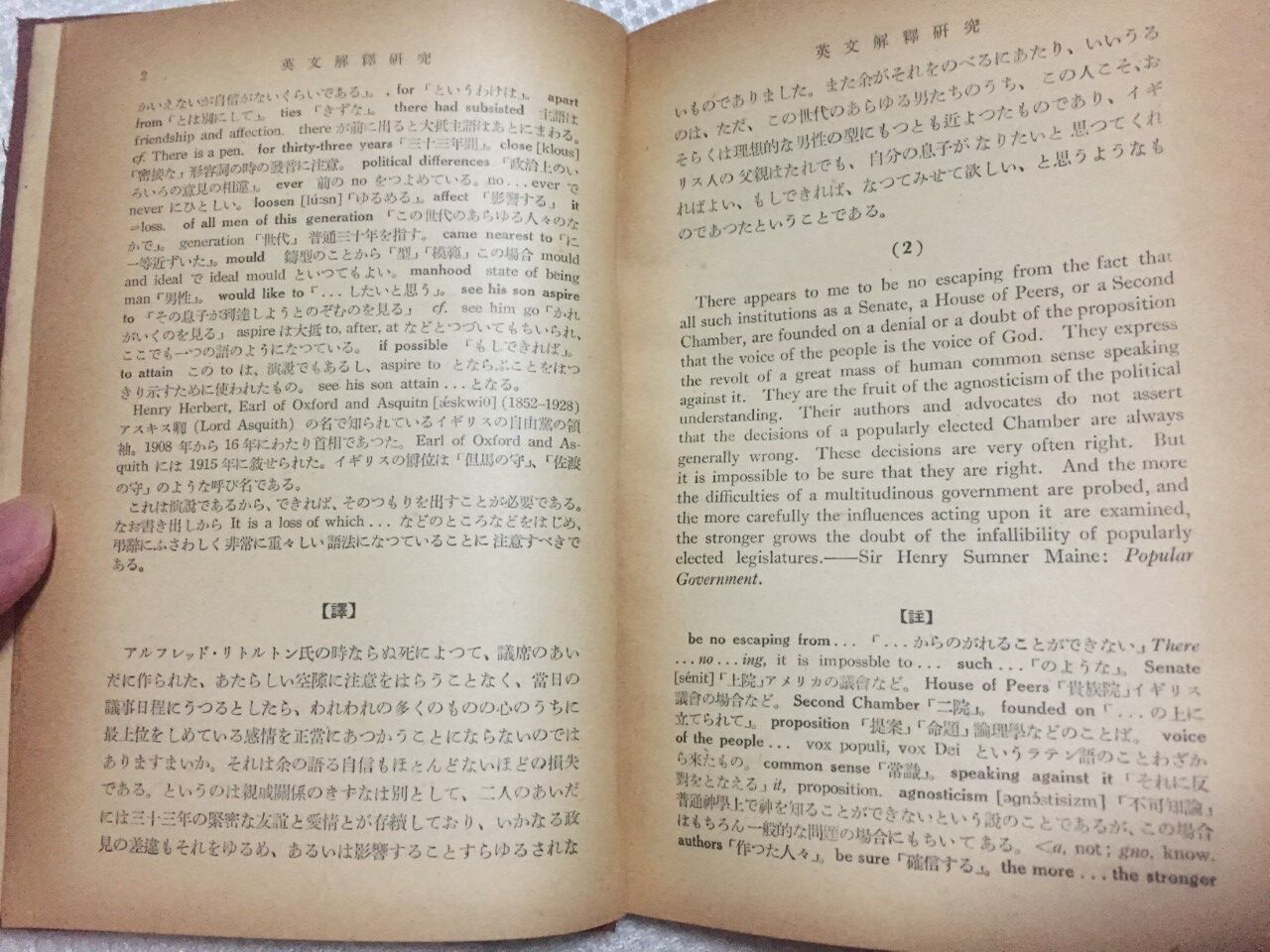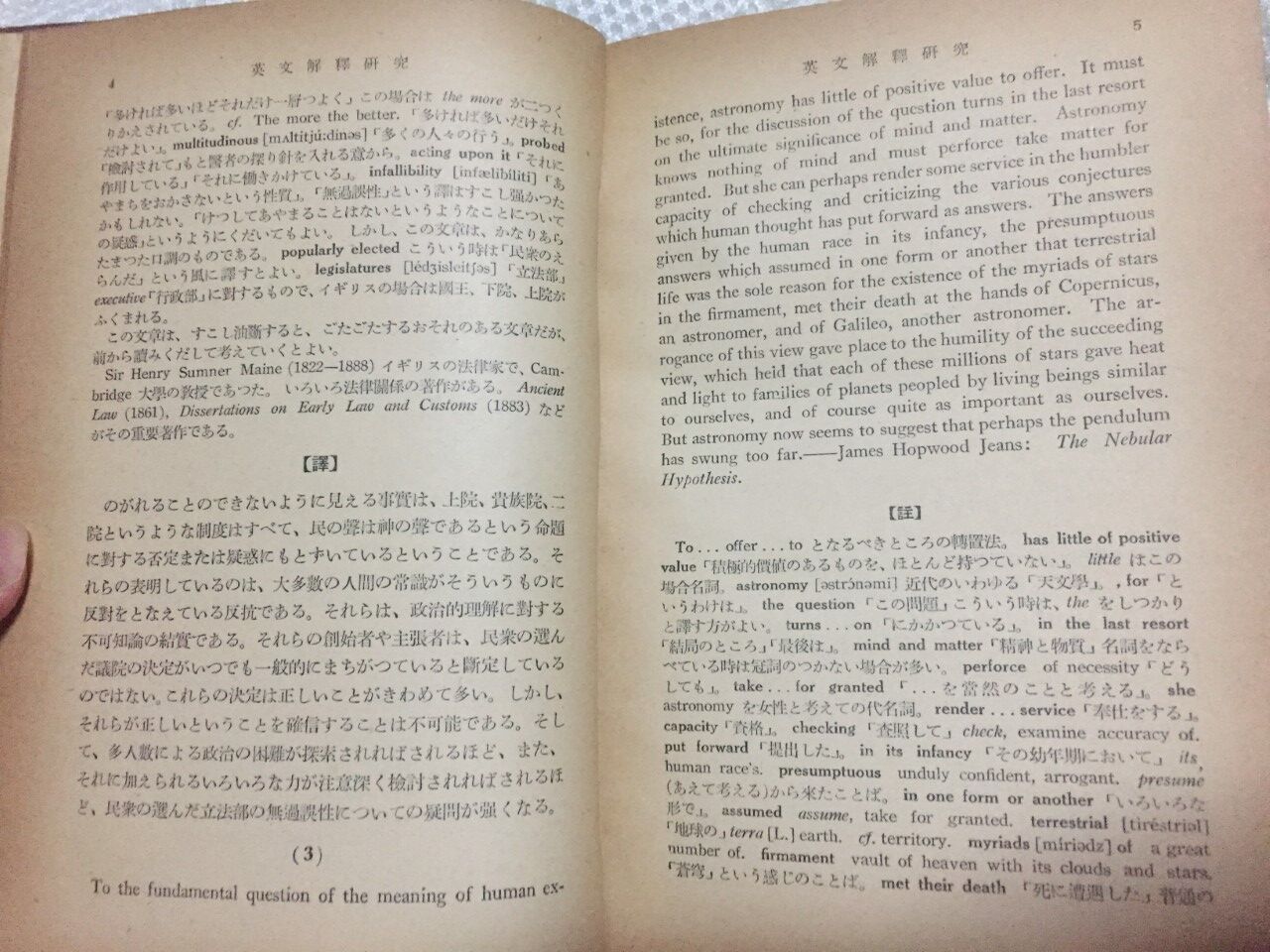高等英文解釋研究 第2問


「民の声は神の声」という前提は疑わしく、リスク分散のためには民意によって選出された第一院の他に、貴族等で固められた第二院が必要だ、という内容のようです。正直、日本語訳を読んでも最初は文意が掴めませんでした。ネットで原文を探して前後の文脈を確認してようやく理解できたという感じです。
以下の文には苦戦しました。
"They express the revolt of a great mass of human common sense against it."
模範訳「それらの表明しているのは、大多数の人間の常識がそういうものに反対を唱えている反抗である」
そもそも模範訳は日本語が意味を成さないように感じます。恐らく以下のような意味だと私は解釈しました。
「それらの表明しているのは、そういうものに反対を唱えている大多数の人間の常識による反抗である」
この「大多数の人間」というのを、私は「国民の大多数」という意味だと捉えました。第二院の限られた少数議員を "a great mass" とは呼べないと思ったからです。それに大衆を意味する "the masses" という単語もあるくらいですし。
しかしそうすると矛盾が生じます。国民の大多数が「民の声は神の声」という前提に反対を唱えて反抗するものか?と。むしろ国民こそが「民の声は神の声」と言い続けなければならない立場のはず。
ネイティブに尋ねてみたところ、この "a great mass of human common sense" は「民の声は無謬ではないという信念」(the belief that the people's voice (and therefore those institutions) is fallible.) を意味し、 "a great mass" は必ずしも「大勢の人々」(a mass of people) や「大衆」(the masses) を意味しないとのことです。
要するに、人数の多寡の問題ではないということです。数ではないなら信念の規模、強さを問題にしているのでしょうか?ちょっと釈然としませんが、いずれにせよ数は問題ではないなら、私が当初考えていたような「国民が国民自らを否定する」ような解釈は生じ得ないということになります。
このネイティブによると「雑で漠然とした書き方」らしいのであまり突っ込んでも野暮なのかもしれませんが、詳しい方おられましたら教えてくださると助かります。
追記1:別のネイティブによると、“a great mass of human common sense“は筆者が全く説明していないため全く意味がわからないそうです。
Why does this revolt express “a great mass of human common sense“?
This is completely unclear, based upon the arguments in the subsequent text. I think it would be extremely generous to call these justifications “muddled” – I would actually prefer to call them extremely weak.In other words, I can’t tell you what the author means by – a great mass of human common sense – because the author does an almost non-existent job of explaining himself.
追記2:ChatGPTに聞いてみたところ、"A great mass of human common sense"は大勢の(理性的な)人々、つまり民衆を指すとのこと。
"A great mass of human common sense" refers to a large group of people who possess practical and sensible understanding or rational thinking. In the context of the passage you provided, it refers to the general population or the common people, who are expressing their revolt against the idea that the voice of the people is considered to be the voice of God and that decisions made by popularly elected Chambers are infallible.
また、"a great mass of human common sense"は「民衆の間に広がる感情や集合的な理解」という、より抽象的な意味合いをも表しているとのこと。そして、民衆のかなりの割合が「民の声は神の声」という信念に疑問を持っていることが示唆されているとのこと。
In the passage, the term "a great mass of human common sense" is used to describe the collective understanding or prevailing sentiment among the ordinary people or the general population. It does imply that a significant portion of the population has doubts or reservations about the belief that their voice alone is always a perfect representation of divine will or the voice of God.
とはいえ、すべての民衆が疑問を持っているわけではない。中には「民の声は神の声」という信念を強く支持する人もいるだろうし、一方でそれに疑問を呈する人もいるかも知れない、とのこと。
However, it's important to note that the passage doesn't encompass the views of the entire population, and there may be differing opinions within society on the matter. Some individuals might strongly support the idea of their voice being the voice of God, while others may have reservations or doubts about it, leading to the development of diverse political beliefs and systems.
まあ素直に解釈したらこうならざるを得ないわけですが、それでも民衆の多くが「民の声は神の声」に反対するという状況はあまりしっくり来ません。